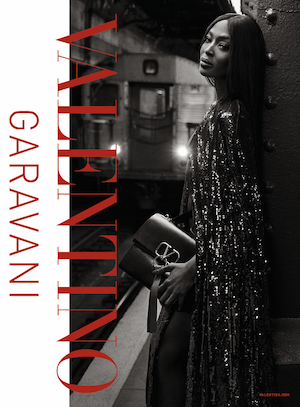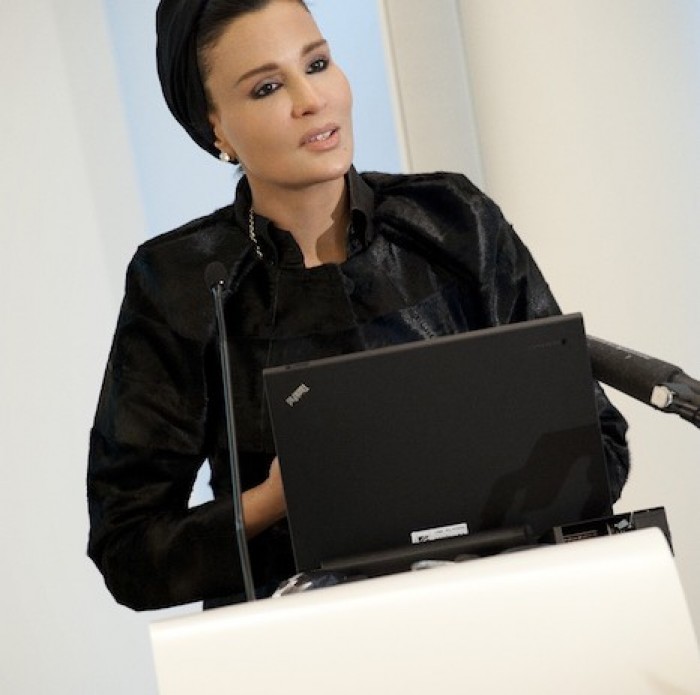Success Stories
Gabriel Yared
Music to your ears!
Ghana Harb Conord
October 27, 2004
To Gabriel Yared, music is a passion pulsating from within, a fate he could not escape and a destiny he had to fulfill.
Born in 1949, Yared began to express his love of music at a very young age. “I started learning to play the accordion when I was seven years old with a Czech professor in Beirut, and then at the age of 10 I moved on to learning the piano,” he said. For half an hour every week, Yared studied the piano with Dikran Robillard, who also taught Mansour and Assy Rahbani.
At the age of 14, while attending the Jesuit boarding school, Yared began to play the church organ, a pastime that became something of an escape. “I learned the organ by myself through the scores of some of the works of major composers such as Bach and Handel that were kept in the church, so I didn’t really have the background of a music student.”
Yared longed to make music, which he believed came to him through what seemed to be divine inspiration. “I don’t know where my talent and passion for music come from. I wasn’t born into a family of musicians. I am, in fact, the black sheep of the family,” Yared mused. “I was just so deeply convinced that I was a composer, and this comes from above; it doesn’t come from me, it’s like a call you simply can’t ignore.”
Fate sneaks up
In spite of his family’s objections to making a career of music, Yared took part in the Brazilian Festival of Song where he represented Lebanon and won third prize for his composition Some Without Love. “I was not supposed to sing, so the song was performed by an American singer called Gwen Owens, and instead of staying in Brazil for 15 days as I had intended to, I ended up staying for 18 months,” said Yared.
That competition in Brazil marked the beginning of Yared’s career as a musician. He formed a band, with which he performed every night, and spent his days composing new material. Eventually, Yared decided to stay in Brazil. “I decided to go back to Lebanon and Paris to say goodbye to some friends and then return to Brazil,” he explained, “but when I went to Paris, I stayed there and that was the end of it.”
A new beginning
Yared settled down in Paris and officially began his career as a composer, writing songs for prominent European singers such as Charles Aznavour, Gilbert Bécaud, Johnny Halliday, Michel Jonasz, Francoise Hardy and many others, and composed a number of ballet scores as well as jingles for advertisements and other radio and television projects.
In the early 1980s Yared became more involved with composing movie scores, and several soundtracks earned him film industry awards such as the Victoire de la Musique award for his score for 37.2 Le Matin in 1986. He won the same award again in 1992, as well as the Cesar de la Musique award for his score for the movie L’Amant.
Worldwide fame, however, came in 1996 when Yared worked on the soundtrack of Anthony Minghella’s award-wining film The English Patient. It was fate, yet again that brought Anthony Minghella to Yared, who had moved to Brittany and had actually decided to move away from writing film scores. “I was no longer interested in this means of musical expression, and I wanted to move on to something else,” he said. “I preferred concerts and I wanted to devote myself to them.”
Minghella and Yared clicked instantly, however, and the opportunity to work on The English Patient was a temptation Yared simply couldn’t resist. “Anthony Minghella is my soul mate!” exclaimed Yared. “I found him to be such an interesting person, so I decided to go for the project and I focused on it completely, as all I had in mind was writing great music for the film.”
And great it was indeed! The soundtrack of The English Patient earned Yared several glittering prizes including an Academy Award, an Oscar, a Golden Globe, First Golden Satellite Award, Indie Award, British Academy of Arts and Television Award, the Grammy Award, Victoire de la Musique and the Grand Prix de la SACEM.
Success and failures
Although his remarkable success brought him many projects and much more money to make music, what followed was a frustrating string of disappointments. “All the projects I got required the same dramatic scores of The English Patient, as if I only specialized in composing that kind of music. It was disappointing because it showed a lack of imagination,” said Yared.
Unfortunately there were more setbacks to come. Yared worked on two projects and both times his scores were rejected. Billy August, director of Les Miserables, rejected Yared’s music for the film, and Yared’s composition for Wings of the Dove, an English film, was also rejected. Despite these setbacks, Yared’s spirit and passion for composing were unshaken. “I was sorry that this happened to me, but on the other hand I was very happy, because I knew that this was destiny’s way of teaching me a lesson, of showing me that having the Oscar was not everything and that this was no more than a chapter in my life,” he said.
The dark spell was soon broken, however, and Yared was once again spotted at the Golden Globe awards where he won the Critics award for his scores for Anthony Minghella’s The Talented Mr. Ripley. The projects that followed were John Schlesinger’s The Next Best Thing, Joan Chen’s Autumn in New York and this year’s Possession, directed by Neil LaBute in addition to several projects for European directors.
The man and his music
Yared’s music is often described as lush instrumentals that blend Oriental and Occidental rhythms, a unique combination that can be attributed to Yared’s bond with his home country – Lebanon. “If you listen to my compositions – whether for The English Patient or anything else – there’s a taste of Arabic music in them, something from my background, because I can’t escape it, it’s in my blood,” he said.
Although he has penned countless compositions, when asked which is his best, Yared answers without hestitating: Clavigo. “Clavigo is like the sum of all the work I’ve ever done – all the styles, everything, all the best things are in Clavigo,” he said.
Performed at the Baalbek festival this summer, Clavigo, a ballet, drew a large crowd who appreciated the wonderful music and the spectacular choreography. “Although I was sitting in the front and I couldn’t see the peoples’ reactions, I sensed that they were concentrating on the ballet, and I was overjoyed to feel that,” said Yared.
The Future
Yared is once again collaborating with Minghella to produce a score for his new film, Cold Mountain, which is based on a novel about America’s civil war by Charles Frazier. Shooting is due to begin in January 2002, and Yared says he is extremely pleased to be able to work on the score in advance. “I love working like this, from the beginning of the project, not after the film is finished. I feel more like an author, I feel more creative and more involved,” he said.
Against high odds, Gabriel Yared has taken his dream of becoming a composer to wonderful fruition. That he foresees a long creative future ahead can only be music to your ears!































